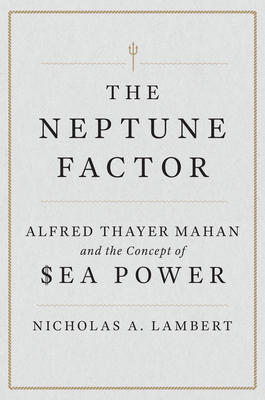
Lambert, Nicholas A.
Far from presenting sea power in terms of combat, as often thought, Mahan conceptualized it in terms of economics. Proceeding from the conviction that international trade carried across the world's oceans was the single greatest driver of national wealth (and thus power) in history, Mahan explained sea power in terms of regulating access to 'the common' and influencing the flows of trans-oceanic trade. A nation possessing sea power could not only safeguard its own trade and that of its allies but might also endeavor to deny access to the common to its enemies and competitors.
A pioneering student of what is now referred to as the first era of globalization, lasting from the late nineteenth century until the First World War, Mahan also identified the growing dependence of national economies upon uninterrupted access to an interconnected global trading system. Put simply, access to 'the common' was essential to the economic and political stability of advanced societies. This growing dependence, Mahan thought, increased rather than decreased the potency of sea power.
Understanding the critical relationship between navies and international economics is not the only reason why Mahan's ideas remain-or rather have once again become-so important. He wrote in, and of, a multi-polar world, when the reigning hegemon faced new challenges, and confusion and uncertainty reigned as the result of rapid technological change and profound social upheaval. Mahan believed that the U.S. Navy owed the American people a compelling explanation of why it deserved their support-and their money. His extensive, deeply informed, and highly sophisticated body of work on sea power constituted his attempt to supply such an explanation. Mahan remains as relevant-and needed-today as he was more than a century ago.







